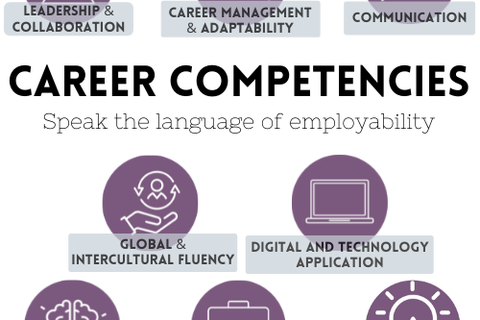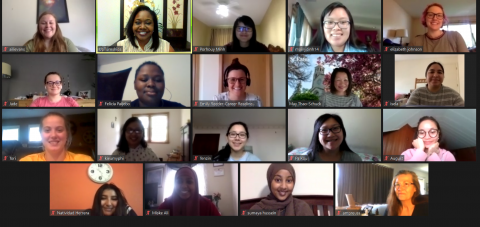Students with Disabilities/Neurodiverse Traits
Melody Kosbab (Public Policy & Political Science Major) and Emma Seehafer (History & English) are St. Catherine University Students who have worked as Career Assistants in the Career Development Center since their freshman year. They are both graduating in Fall …
The Compass is a new guided experience for current and future students that promotes students’ ability to build a meaningful life. Learn more about the goals of the Compass in Career Development’s interview with Provost Anita Thomas, The Compass: Transforming …
The Professional Development Program provides First-year, Sophomore and Junior students in the College for Women an opportunity to design their career pathway and prepare for their future career. Students receive training in professional skills, and will have access to experiences …



